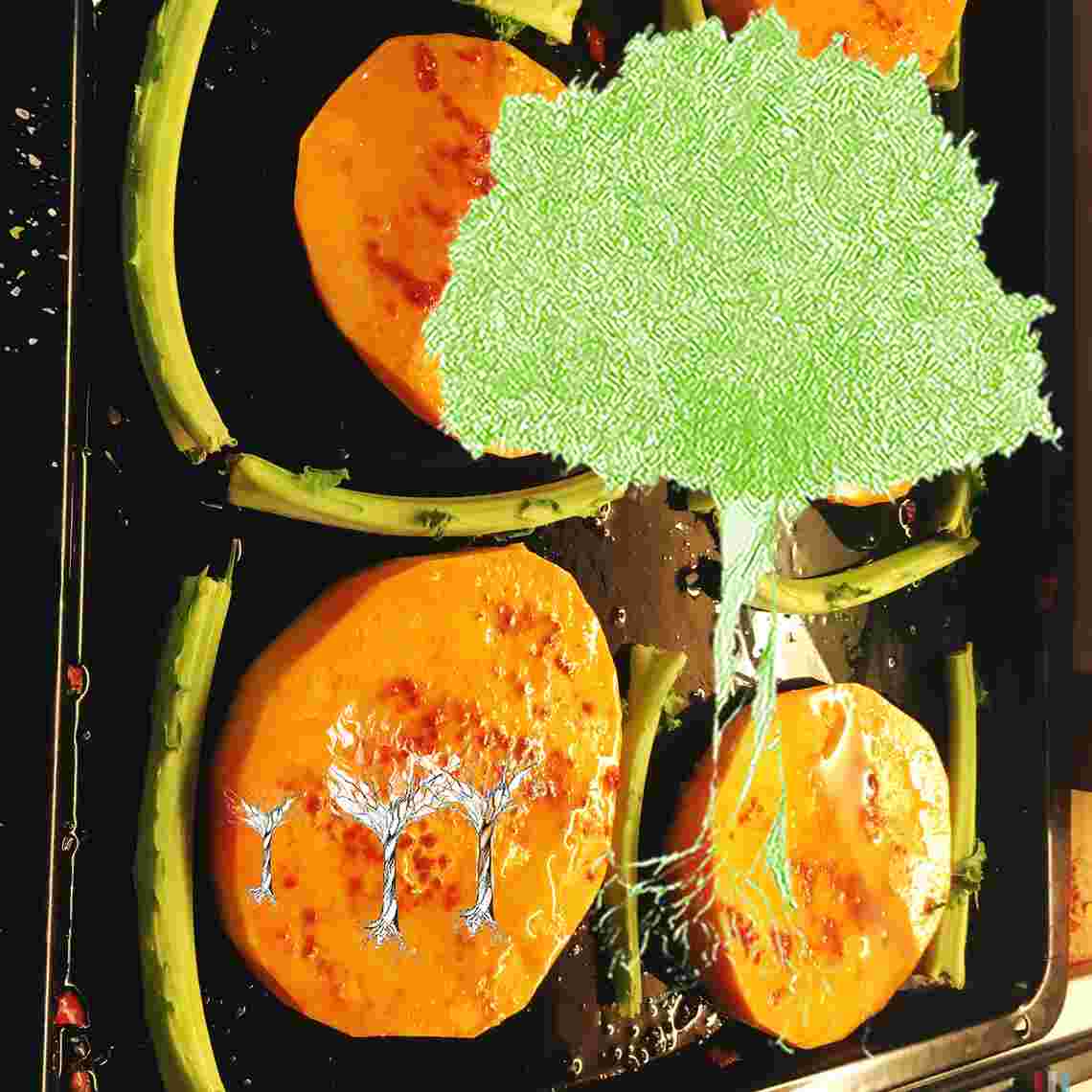

Our meals are always compositions – made up of many components, irrespective of whether those components are processed or cooked, or things we enjoy eating raw.
Within that broad spectrum of foodstuffs, salts have a unique position as minerals. They usually consist of only a few different molecules. While they form an essential ingredient of our recipes, we seldom eat them in their pure form, as they don’t taste particularly good on their own.
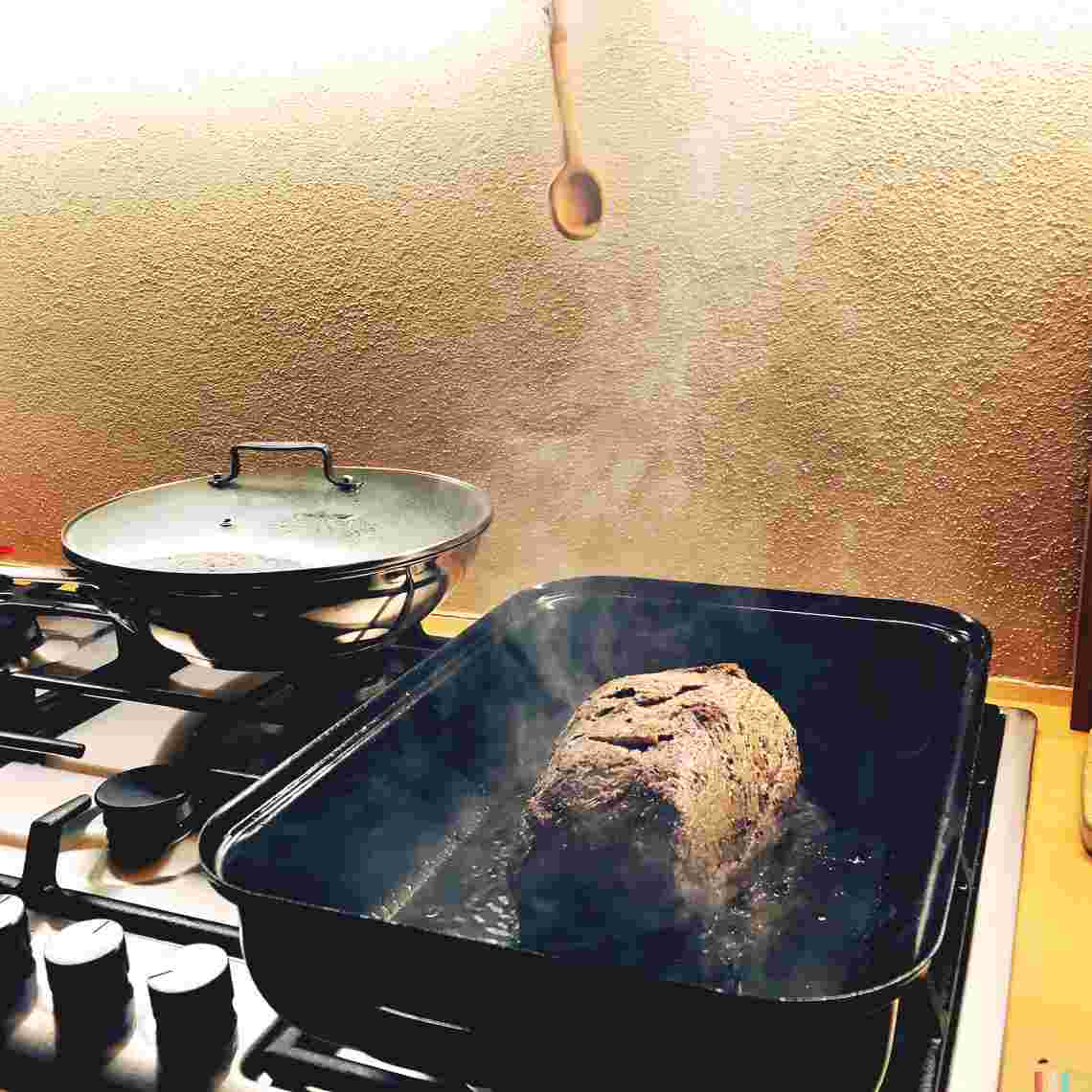
The process of cooking – creating nourishment out of foodstuffs – has made us over millions of years of evolution the people we are today. Cooking has not only changed the human species per se. Our personal fate is also influenced by the way in which we nurture ourselves, or how we eat. That ability to cook and create nutrition from foodstuffs has, to a great extent, made us humans independent of location, climate and vegetation.
As a result, the food becomes edible, storable and also transportable, which is not to be underestimated. An entire living creature, one part of it or its fruit may be processed in this way. We eat plants and meat, both of which were once living organisms. We eat eggs, cheese, potatoes, flour and drink milk, juice etc., all of which come from something living or organic.
Nutrition is always complex and diverse in its composition. Food is never a mono-substance. The type of composition and also the texture determine the taste and also the effect food has on our body. Individual substances like vitamins and the whole bandwidth of food additives (amino acids, L-carnitine, folic acid, vitamin E, vitamin D, niacin, glutamate, creatine, iron, zinc, selenium etc.) are not culinary delights and therefore tend to be offered in the form of capsules or tablets to make these mono-substances – all produced in chemical laboratories – palatable. If you read the expert literature on the subject, the value of these food additives to our wellbeing has not been conclusively proven and opinions on the subject are constantly changing.
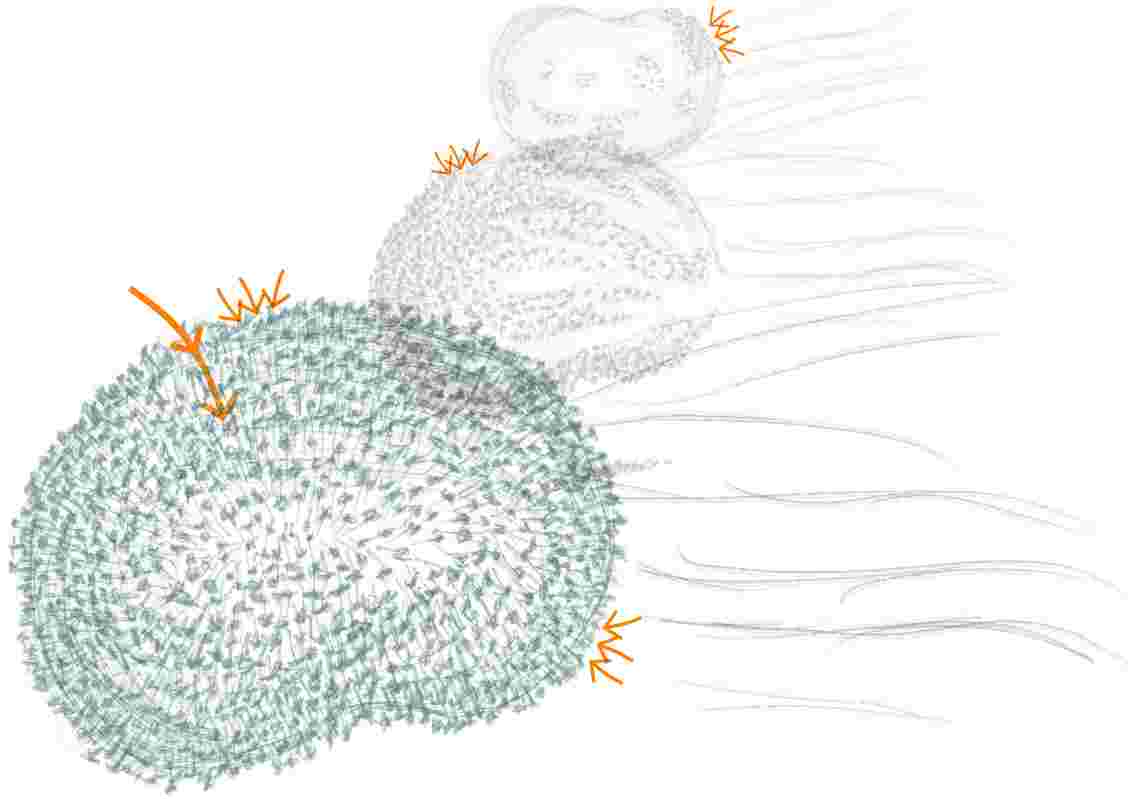
Why are single substances so problematic?
Absorption of essential nutrient components in compound form is much better through food. Due to minimal differences in the position of their atoms/ions, these molecules take on various forms without changing the biological effect they have on the body.
Those little differences are so important, as the receptors sending the signals of these molecules to the cells would be deaf without those variations. Individual substances thus lose their function after a certain period of time. For this reason, food supplements can even have harmful effects. So only take them if your living conditions do not allow you to absorb certain substances through your food.
As already mentioned, the processing of foodstuffs or cooking of them is sophisticated handiwork. It requires some experience to prepare a good and healthy meal which nourishes the body and mind and does no harm. We are all familiar with take-away meals that have made us sick and still do.
In our western culture, considerable suffering is caused by bad eating habits, which are often based on poor scientific assumptions and false interpretation of research findings. Just think of the millions of people now suffering from Type 2 diabetes, for example.
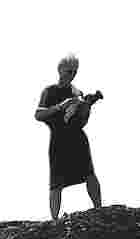
I personally take no food supplements, because they are mono-substances. They are based on the assumption that the body operates as a substitution system. I take the very different view that the body is a regulatory system.
The body cannot produce molecules like vitamins or trace elements. They have to be absorbed through our diet. They are present in food either in compound form or in a variety of forms mixed with the same molecule.
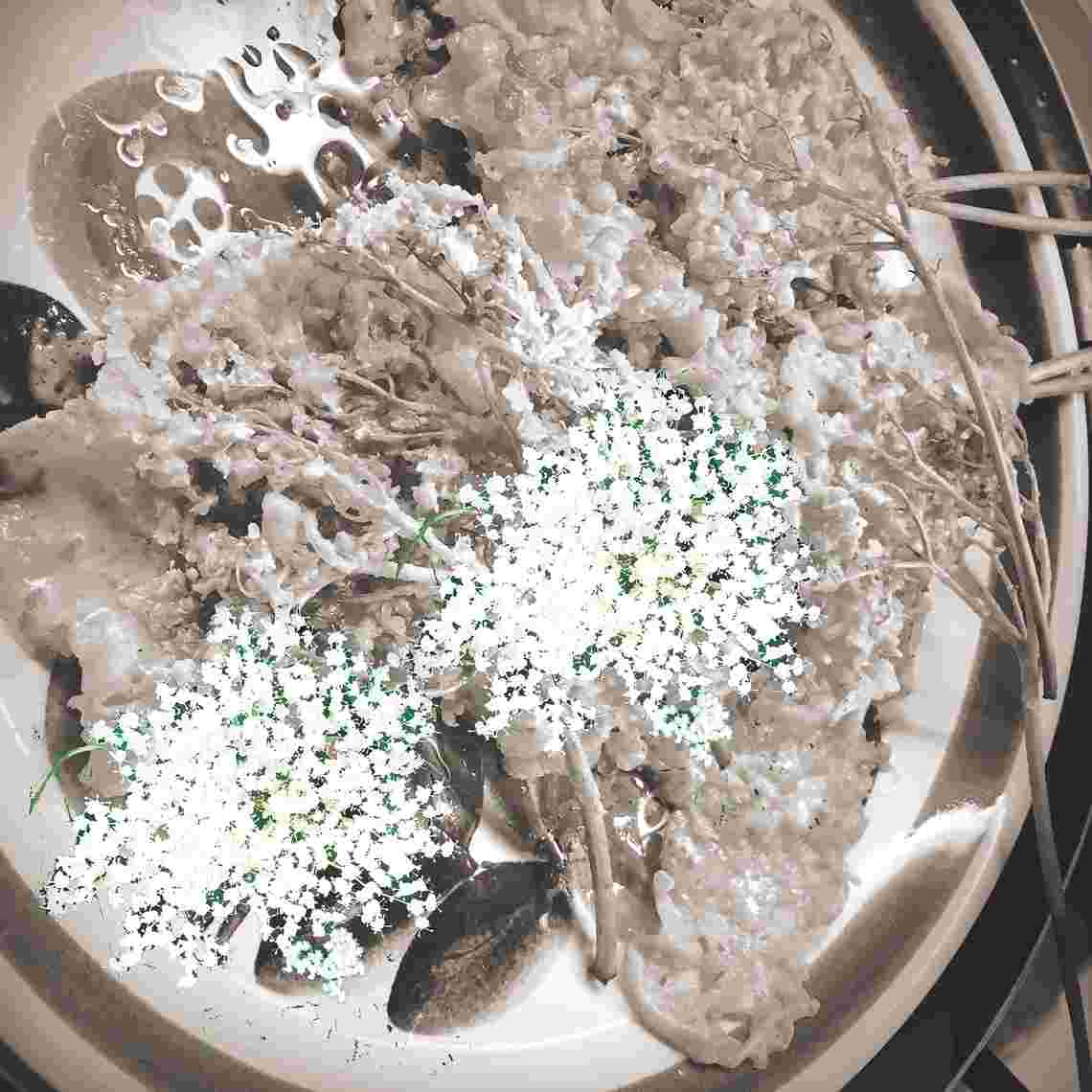
Fried elderflowers, an old tradition of the Austrian kitchen
Cooking is an art
Cooking is an art. It is a combination of intuition and experience – a tradition passed down from one generation to the next. Many of us no longer have much understanding of the ingredients and their preventative effect on our wellbeing. Much of the natural wealth of experience of past generations has sadly been forgotten, along with the knowledge required to produce good, high-quality cuisine.
The host of articles written and presented on the subject of food and nutrition is a reflection of the effort now being made to rediscover that lost knowledge.That process is characterised by misjudgements, false assumptions and other mistakes, which is quite a normal and unsurprising part of the experience-gathering process. Diet is the key factor in the prevention and treatment of the chronic illnesses afflicting us today, in my view. Food can heal us just as much as it can make us sick.
This is by no means a simple suggestion of mine, for good food can very quickly turn into poor nutrition. For instance, when the structure and form of a foodstuff is unwittingly destroyed, it loses its nurturing potential and its healing effect on body and mind. The classic example of that negative effect is highly processed food.